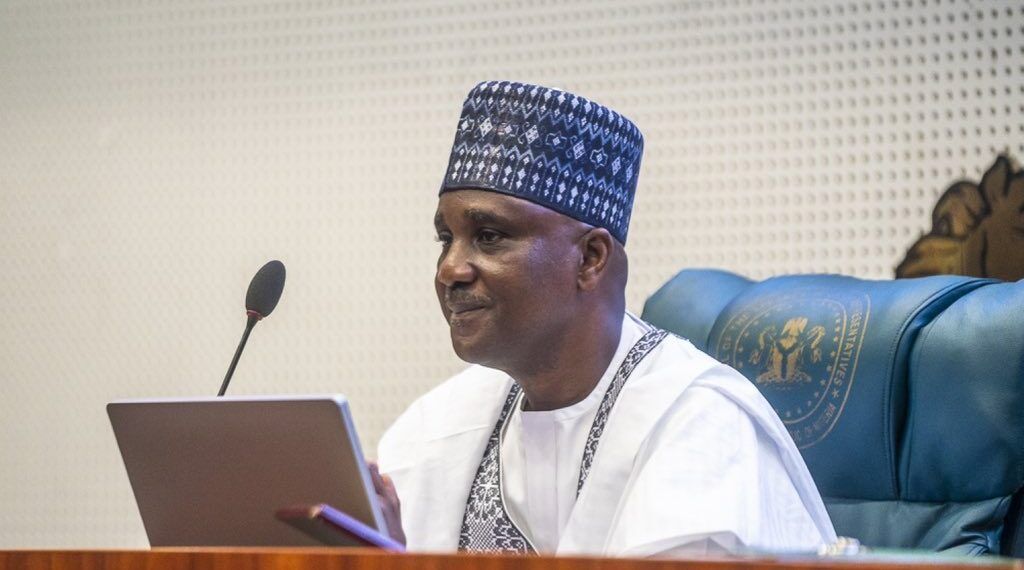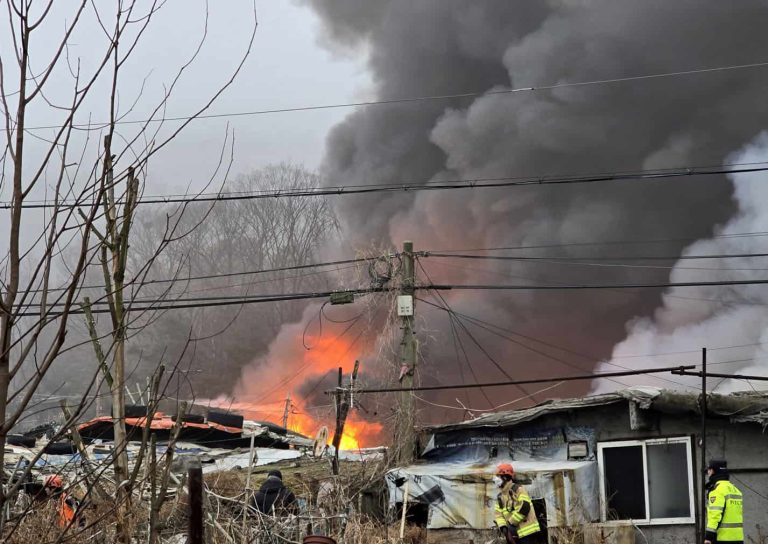
The House of Representatives has renewed its commitment to full energy reform, urging the Federal Government and relevant stakeholders to overhaul the nation’s downstream petroleum sector to achieve efficiency in the sector.
Speaking at the First Annual Downstream Petroleum Week, organised by the House of Representatives Committee on Petroleum (Downstream), the Speaker, Tajudeen Abbas, said the energy sector holds the key to unlocking the nation’s economic growth and called for concerted efforts to reposition the entire industry.
The conference, held in partnership with the Federal Ministry of Petroleum Resources and the Nigerian Midstream and Downstream Petroleum Regulatory Authority, brought together professionals, regulatory agencies, and industry leaders, including representatives of the Nigerian National Petroleum Company Limited and the Dangote Group.
Despite spending over $18bn for the turnaround maintenance of state-owned refineries in Port Harcourt, Kaduna, and Warri, Nigeria continues to rely on imported petroleum products, a challenge currently being addressed with the establishment of the Dangote Refinery.
A few months ago, the Group Chief Executive Officer of the NNPCL, Bayo Ojulari, hinted at the possible sale of the refineries, owing to their age and inability to meet the needs of energy consumers in the country.
He, however, revised himself, following criticisms mounted by the House of Representatives Committee on Petroleum Resources (Midstream), chaired by Hon Odianosen Okojie.
Declaring the event open, Abbas described the conference as a significant step in the nation’s quest for energy sufficiency and sustainability, saying, “Nigeria is at a critical point in its drive for industrialisation. This conference could not have come at a better time.
According to the Speaker, the success of the downstream sector is anchored on improved infrastructure, stable policy, and local investment, especially in Liquefied Petroleum Gas and Compressed Natural Gas facilities.
He called for actionable solutions to energy security gaps, pipeline insecurity, pricing fluctuations, and the full implementation of the Petroleum Industry Act, 2021



